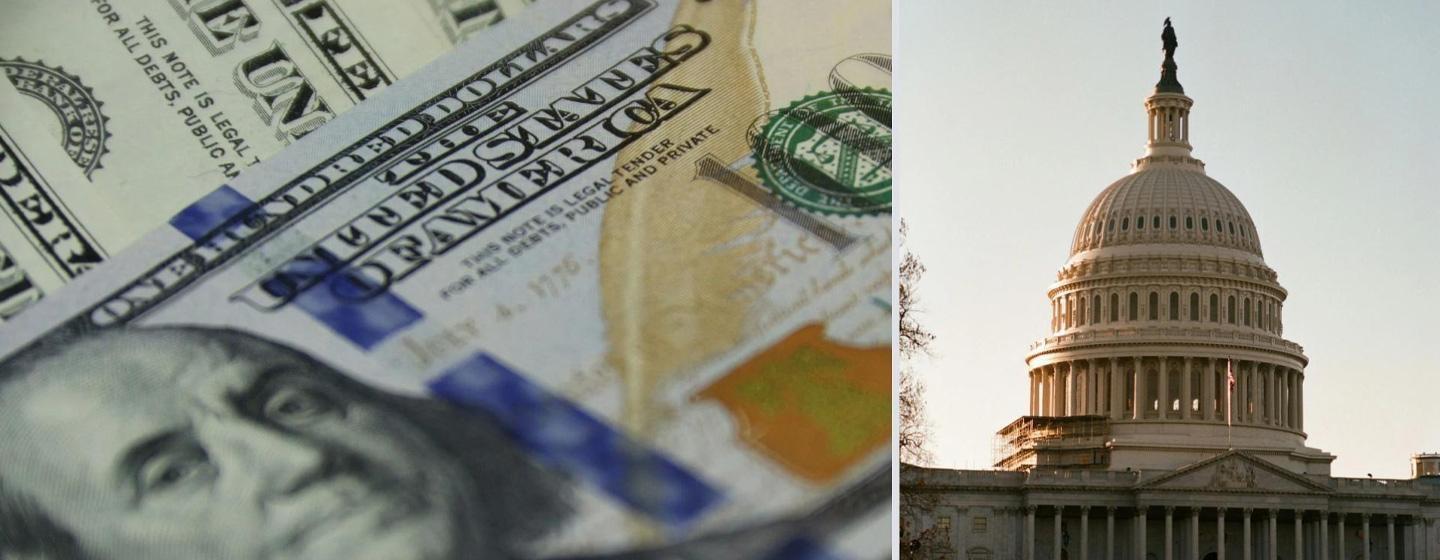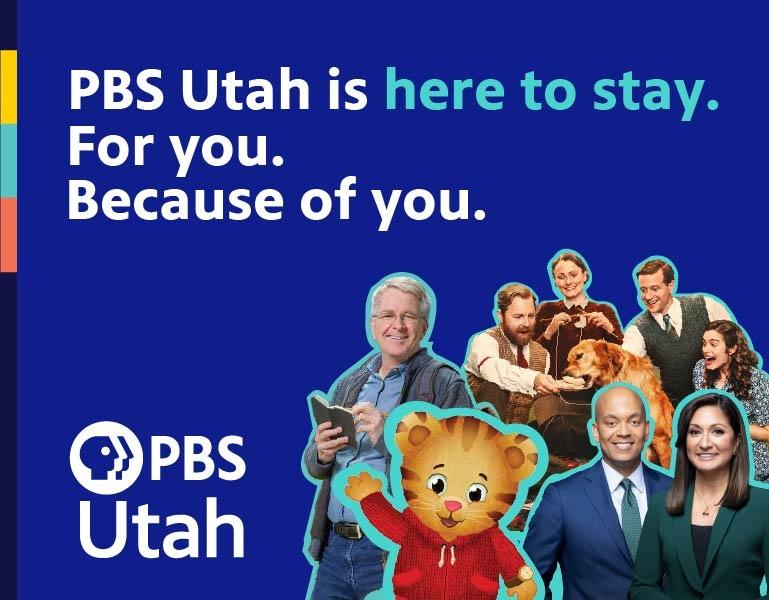PBS Utah is part of the nationwide PBS member station network that includes 170 locally-operated, locally-controlled, locally-focused public television licensees — funded in part by the Corporation for Public Broadcasting (CPB). Together, that network reaches almost 97 percent of Americans, giving them free and accessible programs, regardless of population density, income or geographic challenges.
Every day, PBS Utah brings family-friendly educational programs, emergency alerts and warnings, and community connection to the entire state of Utah. This public service is possible because of strong partnerships and resources from the state of Utah, the University of Utah and the Corporation for Public Broadcasting.
What is CPB's role in public broadcasting?
The CPB is a private, nonprofit corporation authorized by Congress in the Public Broadcasting Act of 1967. CPB’s mission is to ensure universal access to non-commercial, high-quality content and telecommunications services. The CPB is distinct from PBS and NPR, and does not produce programming or own, operate or manage any public media stations. The vast majority of federal funding goes from CPB to local public media stations like PBS Utah.
Federal funding for public broadcasting is an irreplaceable investment in local communities which is broadly supported by the American public. At about $1.60 per person per year, and less than .01% of the federal budget, federal funding for public broadcasting provides an exceptional return on investment through public safety partnerships, educational services and homegrown programming.






.jpg)